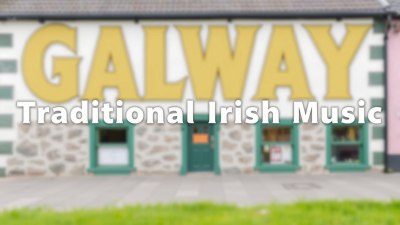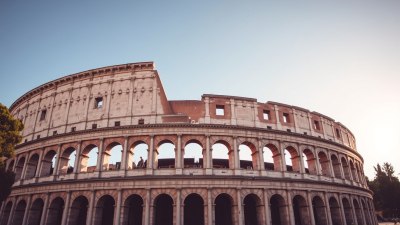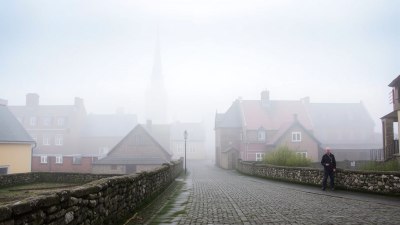The Town Remembers What You’ve Forgotten
Explore the captivating narrative of a town's collective memory and personal identity.

Image created with Flux Schnell
The threads of memory weave the fabric of a community, creating a tapestry rich with shared experiences, laughter, and resilience. In every corner of our towns, stories linger like ghosts, waiting to be told. What happens when we forget these tales, when the vibrant recollections of times gone by fade into silence? The town remembers what you've forgotten, and it holds the key to understanding who we are.
Understanding Collective Memory
Collective memory refers to how groups of people remember their past, shaping individual identities and community culture. Unlike personal memories that fade with time, collective memories can persist and evolve through generations. These memories often find their expression in local lore, monuments, festivals, and even the very landscape of the town. They are the stories that bind us, moments that connect us to our roots and to each other.
The Power of Storytelling
In every town, there are storytellers—perhaps a local librarian, a café owner, or an elderly resident reminiscing on a park bench. Their narratives serve as anchors, reminding us of pivotal events, cultural shifts, and the people who dwelled before us. Storytelling can be oral, written, or manifested through art and music. Such forms not only preserve history but also convey lessons, cultural values, and a sense of belonging.
Fading Memories: The Consequences
As society changes and urban landscapes morph, there’s a risk that the memories of past generations may fade. Buildings torn down for new developments, neighborhoods gentrified beyond recognition, and younger generations consumed by technology can contribute to this loss. When memories fade, so too does the sense of identity. Individuals may feel disconnected from their town and its history, leading to a collective amnesia where the past becomes irrelevant.
Rescue Efforts: Reviving Forgotten Tales
Fortunately, many communities actively seek to revive forgotten stories. Local historical societies, museums, and community groups work tirelessly to document and share their town’s history. They organize events like ‘memory sharing’ nights, where residents can bring photos, artifacts, and their tales to bring the past to life. Such initiatives serve a dual purpose: preserving history and fostering community bonds.
Walking Through History: The Role of Landmarks
Landmarks play a crucial role in preserving collective memory, acting as physical reminders of historical significance. Town squares, old churches, and monuments often encapsulate critical moments in a community's narrative. Take, for example, a small town that has an old clock tower, a remnant from an era of industry. The clock tower may remind residents of the hard work and dedication of their forebears, instilling pride and a sense of continuity.
The Role of the Younger Generation
Engaging the younger generation is vital in passing down collective memories. Schools play a key role by integrating local history into their curriculums, connecting lessons to the community’s past. Projects like historical reenactments or local history fairs encourage youth to explore their heritage. By becoming involved in their town's history, young individuals develop a sense of responsibility for preserving their community's story.
Digital Archives: A Modern Solution
In our digital age, technology offers powerful tools for preserving collective memories. Social media, online archives, and community blogs allow for stories and images to be documented and shared widely. Local governments and organizations are creating digital databases, making it possible for anyone to explore the town's history from the comfort of their homes. This accessibility fosters both connection and understanding, allowing those who may have forgotten to reconnect with their town’s narratives.
The Intertwining of Past and Future
Every town holds its secrets, shared laughter, and lessons from the past, waiting to be rediscovered. The process of remembering is not merely about nostalgia; it is an act of honoring those who came before us while enriching our own lives. Our towns remember what we may forget, serving as a reminder to engage with our shared history, foster connections, and hold the stories close. As we navigate the complexities of modern life, it is essential to weave these memories into our futures, encouraging not only remembrance but celebration of the narratives that shape our identities.











